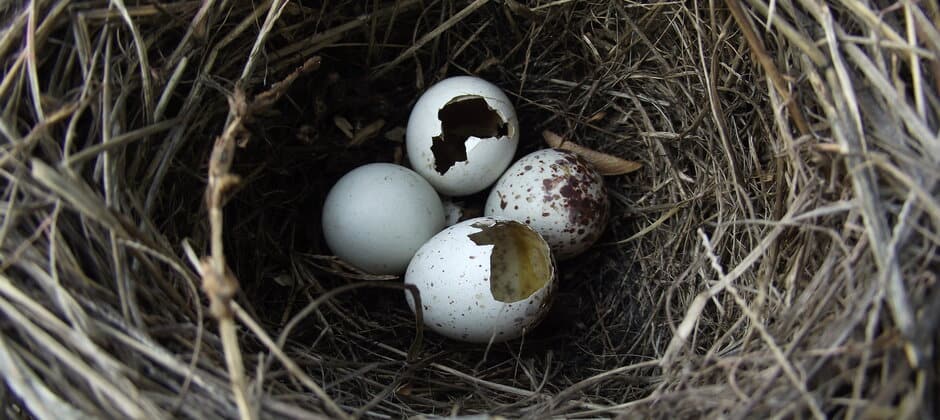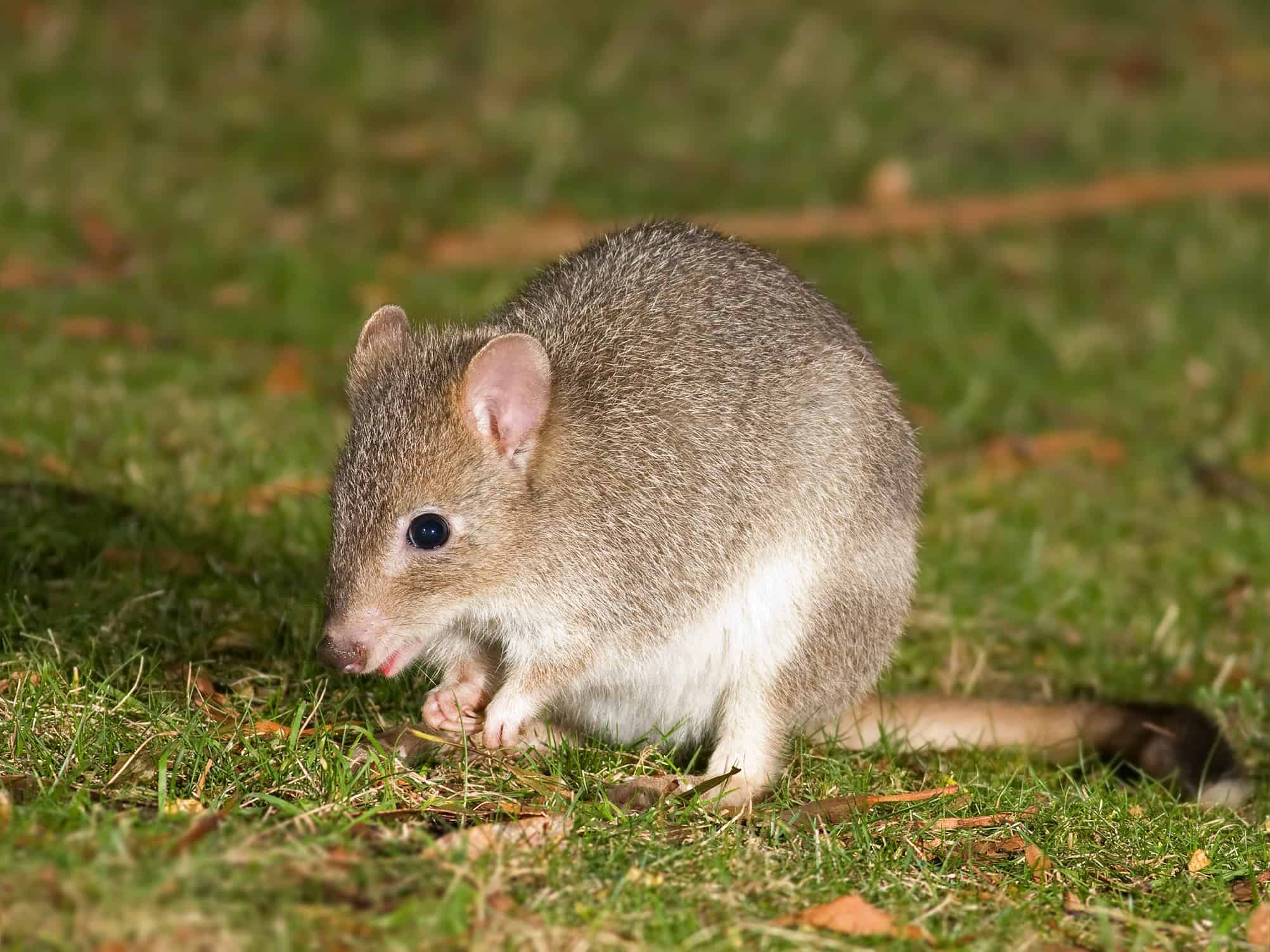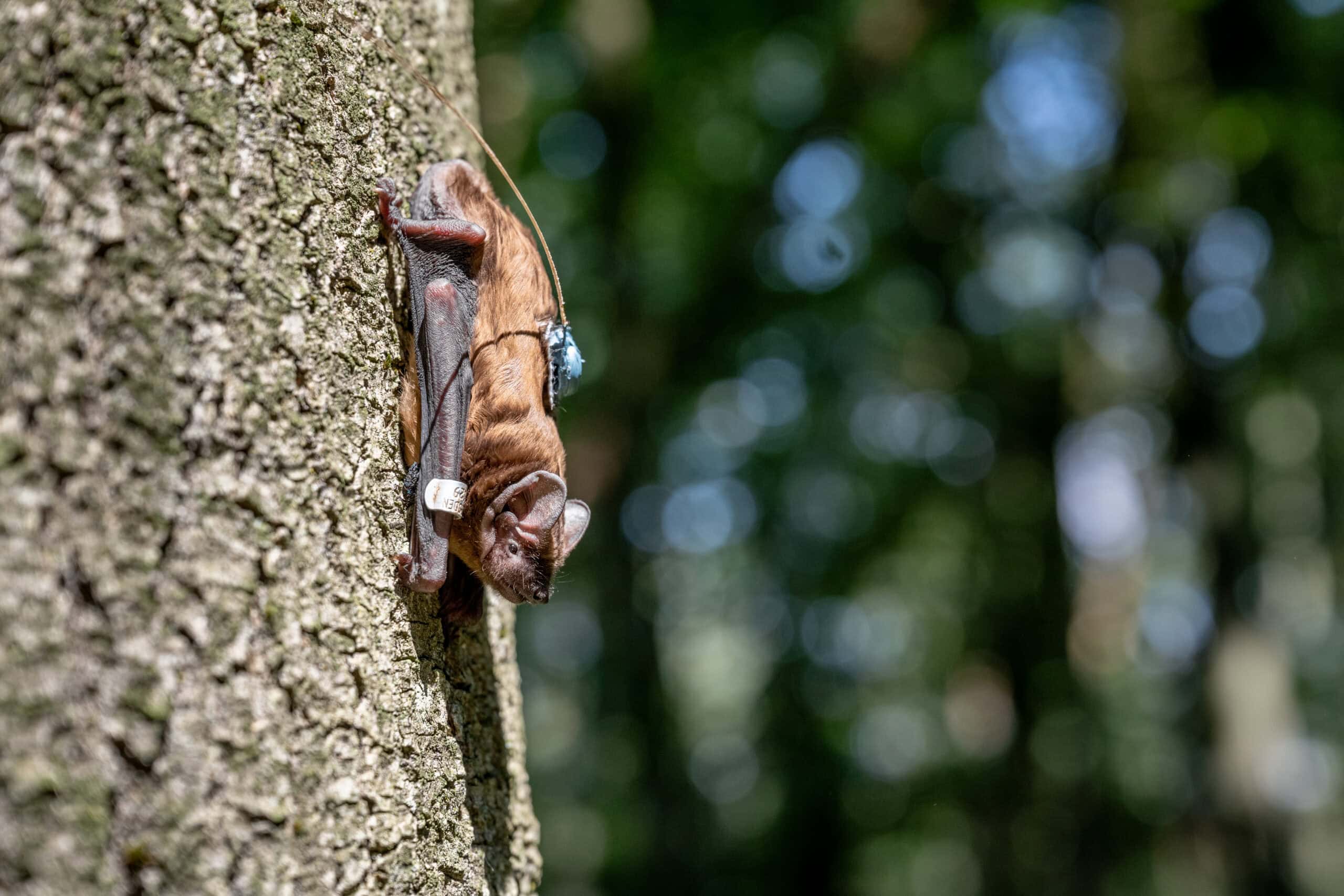Share this article
Human scent could bias bird research
An old urban legend teaches us not to put a fallen chick back into its nest because the mother may reject the young bird that now has human scent on it. While a number of studies have long since disproven this belief, researchers suggests there’s some truth to the idea that human scent can impact birds in research settings.
But a research review published recently in Ibis shows many experimental setups studying birds aren’t taking into account the influence of human scent.
Many researchers set out to examine the ecological relationships between birds and their predators, or even between individuals of the same species. They might want to know how often predators attack nests or what species are the main culprits in egg consumption. Others might even be interested in how birds behave around nests of their fellow species, whether it’s competition or communal chick raising. But human scent may bias the results in these experiments. Ignoring the potentially attractive or repellent effect of human scent near nests may introduce unintended bias to ecological experiments.
“Human scent is a tricky thing to work with because you always run the risk of contaminating your controls,” said Paul Weldon, a research affiliate at the Smithsonian Conservation Biology Institute in Virginia and the author of the recent review.
Conventional wisdom has long held that the odor humans exude can both deter and attract different wildlife species. Black bears (Ursus americanus) that eat garbage may cue into our smell while searching for an easy dumpster to raid, while leery cougars (Puma concolor) may use their sense of smell to avoid humans.
“There’s a lot more going on with human scent than just social cues,” Weldon said.
Weldon examined past research on the different ecological responses of birds and their predators to our smell. Some scientists have attempted experimental setups that control for the potential effect of human scent. But Weldon found that many of these studies either assumed that donning gloves and not touching some nests would present enough of a control in an experimental setup to differ from other nests where chicks or nests were handled without gloves. Some researchers made sure to wear clean boots, but Weldon said that might not be enough as it doesn’t account for the fact that our scent could reach the ground from other parts of our body.
“People just assume that boots and gloves would be the main way to avoid human odors,” he said. “Human scent was applied by not doing anything out of the ordinary.”
Even if wildlife researchers don’t touch a nest, their scent trail could lead predators close enough to the nest that the results of their study could still be skewed. Furthermore, walking near a nest can kick up so-called disturbance odors that come from crushed vegetation underfoot, or disturbed soil. “No study that I reviewed took disturbance odors into consideration, hence it is a huge potential confound,” Weldon said. Research has shown that dogs cue into these odors when tracking humans, meaning that other predators could as well, he added.
Only a couple of papers Weldon found reported that predators might have varied responses to human smell depending on the species or even the individual. But he uses the example of bears to illustrate that even individual predators from the same species may not act the same when encountering human scent. Bears who eat garbage, or females with cubs that get near humans as a kind of shield against aggressive male bears, may differ from leery animals that don’t approach humans.
“A lot of studies might be flawed,” he said.
He believes that new technology might make it easier to ensure a lack of human scent in studies moving forward. The use of drones, for example, could help monitor nests without introducing scent bias.
Header Image: Human scent may draw predators to bird nests, or repel them. Credit: Elvis Herrera








